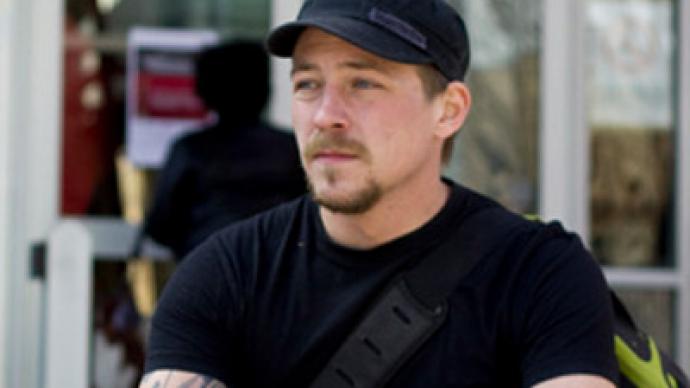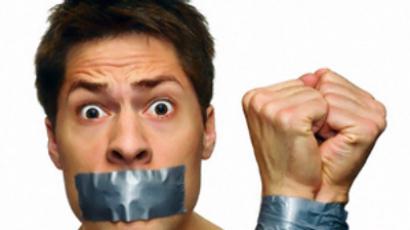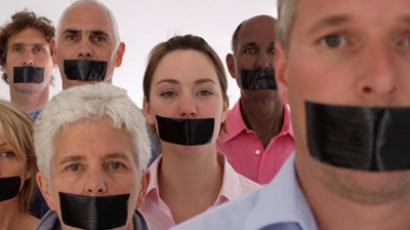Philadelphia student arrested for photographing police

A student in Philadelphia has been arrested for taking photos of a traffic stop outside his house. That’s despite of the fact that police officers were specifically instructed that people can take pictures of their activity in public.
Ian Van Kuyk, a Temple University photojournalism student, has been charged with obstruction of justice, resisting arrest and disorderly conduct. All for simply trying to do his course assignment. Van Kuyk relates the story. He was sitting on the porch stairs of his home when police pulled a vehicle to the side of the street. As he was tasked with a night-photography assignment, Van Kuyk decided to use the moment, grabbed his camera and began shooting photos. A police officer then told Van Kuyk to move away from the scene, and the student followed the order but continued shooting. However, an officer soon demanded that Van Kuyk stop taking photos. When the student asserted his rights to film on public domain, an officer reportedly said: “Public domain, yeah we’ve heard that before!” Van Kuyk says the officer then started shoving him. “He was pushing me, and I kept taking pictures and he didn’t like it, and he … got real aggressive and threw me to the ground,” the student recalls.Van Kuyk was then arrested. Police reportedly threw his camera, which was university property, on the ground. Meghan Feighan, Van Kuyk’s girlfriend, tried to pick up the camera to save it but was herself arrested. Van Kuyk was held in custody for 24 hours, while Feighan was under arrest for 18 hours. Six days after the event, Feighan settled the case by agreeing to pay a $200 fine and do 12 hours of community service.Through the head of the university’s journalism department, Mickey Osterreicher, a lawyer for the National Press Photographers Association, got to know about the incident. He then wrote a letter to the Police Department Commissioner of Philadelphia, condemning the officers for their actions and saying the charges brought up against van Kuyk were unjust. “Not only wasn’t he committing any crimes, he was exercising a constitutionally protected form of free speech and free expression,” Osterreicher told university paper the Temple News. “The elements of most criminal charges contain a number of things, but they all have to have contained intent … his only intent at that point was to take pictures. I think they would have a very difficult time proving beyond a reasonable doubt those charges.”If facts in Van Kuyk’s story are confirmed, the police were simply acting in violation of the Constitution, the law and an internal memorandum issued earlier by Philadelphia’s Police Commissioner. The memo clearly states that the public has a right to film police activities, and that officers have no right to prevent people from exercising this right. This isn’t the first time police have violated the First Amendment's freedom of speech clause. However, in most previous cases, the court sided with the victims. Just recently the city of Boston settled the case of a man arrested for filming police by paying him $170,000. An appeals court had previously found that the man’s arrest was not only a violation of the First and Fourth Amendments, but also a civil rights violation, as the police knew they were acting unconstitutionally. Last year another man was arrested for filming a police chase in New York State. The photographer was charged with obstruction but all charges were dropped when the prosecution realized it had no case.













